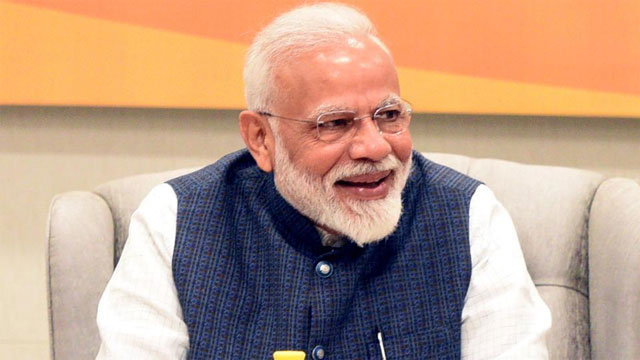With the three farm bills which will free the Indian agriculture from the clutches of Nehruvian socialism, the Modi government has done an irreversible damage to future prospects of Congress and many regional parties. The farmers were the biggest ‘vote bank’ for many regional parties such as Shiromani Akali Dal (SAD) in Punjab, Indian National Lok Dal (INLD) in Haryana, NCP in Maharashtra and so on.
Most of these political parties have colonised the farmers with a Standard Operating Procedure (SOP) which is as following: These parties kept the farmers deliberately away from market so that they are dependent on Agriculture Market Produce Committee (APMC)- which charge hefty fee ranging from 10 percent to 20 percent- to sell their produce.
Also, their government earned thousands of crore rupees in taxes from the APMCs. So, a farmer sells say onion at 10 rupees per kg in mandi, now- the trader takes his/her commission, the government collects its taxes, the trader and retailer adds their profit, and finally the onion that the farmer sold at 10 rupees per kg to trader goes to consumer at 20-30 rupees per kg.
The money the government collects from these APMCs in taxes is used to give free power, subsidized seeds, and farm loan waivers to the farmers. In short, the money collected from farmers is given back to farmers (but not all the money because corrupt bureaucrats also get their share from the allotment) but with the stamp of charity from the government.
In FY 20, the Punjab government earned as much as 3642 crore rupees by taxing agriculture produce and later used that money to subsidies power, seed, and fertilizer and in loan waivers.
The regional parties and in some states the governments, buy the ‘vote bank’ of farmers through this charity, for which they have collected the money from farmers themselves. These parties hold farmers and their votes for ransom and fool them by posing as ‘messiah of farmers’.
The bills being pushed by the Modi government- Farmers’ Produce Trade and Commerce (Promotion and Facilitation) Bill, 2020, The Farmers (Empowerment and Protection) Agreement on Price Assurance and Farm Services Bill, 2020, and Amendment to 1955 Essential Commodities Act- would free the farmers from the clutches of traders, bureaucrats, politicians and the government.
Once the country has a well-functioning agriculture market, which is set to happen in next two-three years if these bills get passed in Rajya Sabha and becomes an Act, the political capital built by parties like SAD, INLD, NCP over the decades will be destroyed in no time. And, this is the reason that these parties are opposing the farm sector reforms acts tooth and nail.
Once these bills become law, the farmer will be able to sell the produce anywhere in the country and the monopoly of APMCs will end. As of now, a farmer who is producing some crop in X district can sell it in APMC of that district only which means ‘monopoly’ of the APMCs controlled by local politicians.
The development of a nationwide market will not only benefit the farmer but consumer, too. The price of wheat, rice, or lentil in cities is two to three times higher than that to villages but once a nationwide market is developed, the prices throughout the country will be similar to a large extent.
Moreover, the farmers will not have to be dependent on Minimum Selling Price (MSP)- which has become Maximum Selling Price for most of the crops- for better price realization. MSP also benefits the traders and big farmers, not the small and poor ones; so reduction in dependence on MSP will also help the farmers.
Therefore, these bills will harm the political parties like NCP, SAD, INLD which have colonised the farmer; will hurt the corrupt bureaucrats; but help the farmers, especially the small and marginal ones, in better price realization.

